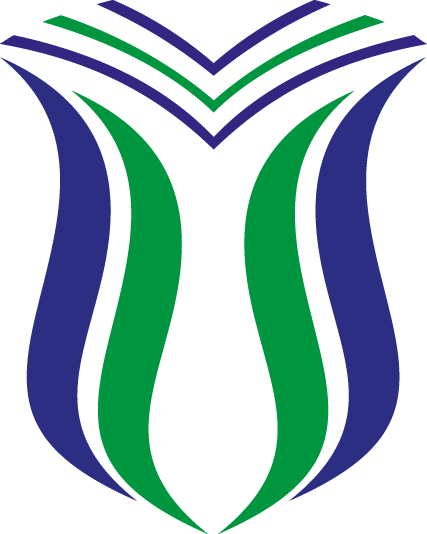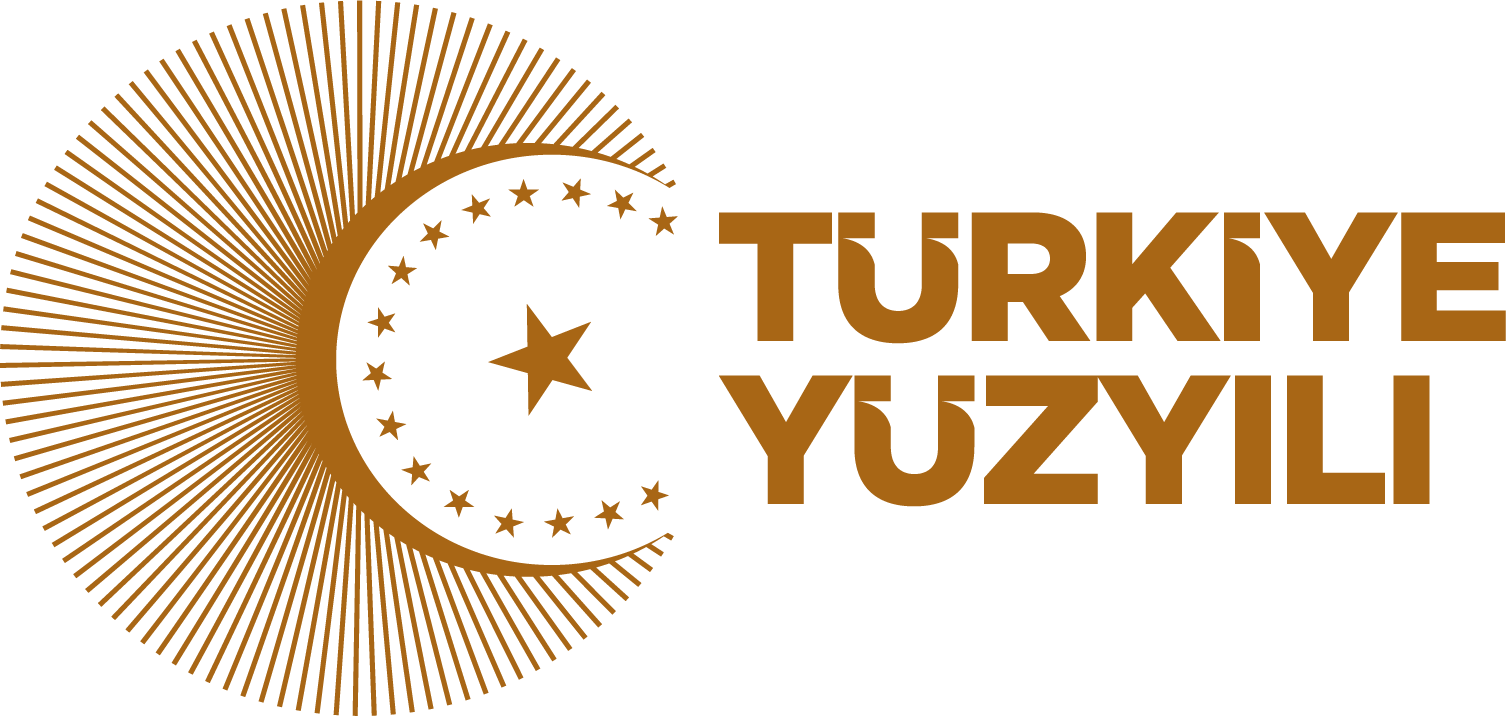Sakarya University of Applied Sciences (SUBU) is a university with an international focus. It considers internationalization as an essential instrument for increasing the quality of research and teaching and communicating political and cultural vision. It enables both students and staff to acquire global responsibility, social understanding and an open and tolerant basic attitude. The aim of the internationalisation strategy is to raise its international profile in research and teaching and to increase the international visibility of its activities in the fields of research and teaching. All members of SUBU are aware that universities of the 21st century are a part of a global network of postsecondary science and education, which also has political, economic, social and cultural connections with the international community. Intercultural intellectual exchange is the source of quality, vibrancy and prosperity for scientific research and teaching as well as for the administrative service facilities.
Sakarya University of Applied Sciences was founded as a new and youthful university with an Institute of Master Studies, 4 Faculties, 11 Vocational Schools and a School of Foreign Languages in 2018, yet SUBU has institutionalized internationalization policies since participating in the Erasmus+ Programme in 2018-2019. The priorities during the first years have been on its own development for the future generation. For this reason, attended initiative Erasmus without paper and focus on participation in the EU-funded programs have been directed. These focused on development cooperation, which was partly intertwined with the institutions denominational roots; with universities in EU countries and at the same time with universities in partner countries of EU, non-EU and universities in USA. Incentives policies of the European Commission and the Turkish Government greatly boosted cooperation at the European level, focusing on student and staff mobility and the internationalization of curricula. This development will continue with the emphasis shifting to the quality of the partnering institutions.
Partnerships are built on the basis that cooperation will lead to sustainable and balanced outcomes for both parties. Complementary characteristics of possible partners with the SUBU and their capability to produce joint studying and research initiatives are considered priority.
Our university is open to cooperation with partners overseas and has founded a Global Exchange programme to that end. Therefore, we look forward to the new global openness in the Erasmus for all programme to which we are well positioned in. The international relations department at the rectorate takes care of the dissemination of information regarding these opportunities and assist with the implementation of those programmes together with the student services and our financial and legal departments.
This objective, in conjunction with the mission statement “technology for people”, also has an international, social and societal dimension. The work of all key players at SUBU as “global citizens” takes place in the service of society and the economy, occurs with an understanding for worldwide connections and problems and accepts global responsibility for the possible consequences of research and technology transfer as well as for the development of a global elite, who, conscious of their expert qualifications, are not afraid of competition, but for whom responsibility, cooperation and solidarity are also concerns. The key objectives of SUBU are:
- To increase the incoming and outgoing student and staff mobility in the subject areas/departments where it is currently better developed,
- To increase the number of programmes taught in English, particularly in the scientific and technological area,
- To build up the mobility of non-teaching staff, which is particularly valuable in training the administrative support for internationalisation,
- To improve the support for incoming students in order to reach similar levels to that of outgoing students,
- The incoming students can enjoy a welcome week in every semester and once they join the SUBU they are granted with the access to the same facilities and rights as well as all other students.
- To increase mobility of students of all cycles, teaching and non-teaching staff towards the more recent EU partners and countries newly eligible for Erasmus,
- To develop and use more effectively the tools for doctoral mobility,
- To develop in future double and joint degree programmes with European and non-European partners.


